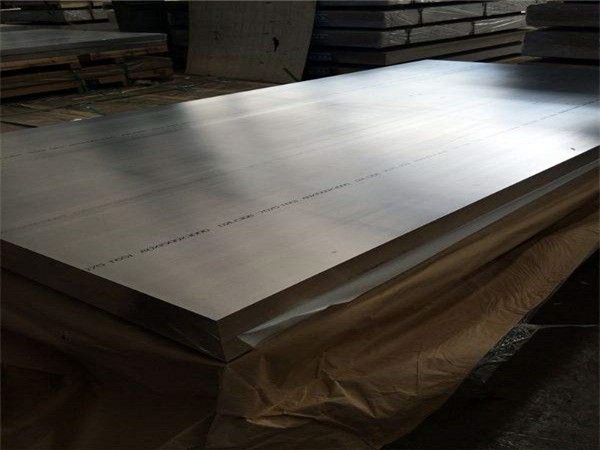Are you torn between Aluminum 5005 and 5754 for your project needs? Let’s explore their qualities and applications to help you make an informed decision.
Aluminum alloys are versatile materials widely used in various industries due to their unique properties. Two popular choices are Aluminum 5005 and 5754. Understanding the differences between them is crucial in selecting the most suitable alloy for your specific requirements.

**1. ** Chemical Composition and Properties:
Aluminum 5005 and 5754 have different chemical compositions, resulting in distinct properties. 5005 is primarily aluminum, with some manganese. It offers excellent corrosion resistance and is well-suited for welding and forming. On the other hand, 5754 contains more aluminum, along with magnesium, making it stronger and providing better resistance to corrosion.
**2. ** Strength and Mechanical Properties:
In terms of strength, 5754 outperforms 5005. The additional magnesium enhances its mechanical properties, making it a preferred choice for applications requiring higher strength, such as structural components and marine applications.
**3. ** Formability and Workability:
Both alloys are highly formable and workable. Aluminum 5005 is known for its good formability, making it suitable for a wide range of applications, including architectural purposes, appliances, and general sheet metal work. Meanwhile, 5754, while slightly less formable than 5005, still offers good workability and is often used in applications like vehicle panels and shipbuilding.
**4. ** Corrosion Resistance:
Both alloys have excellent corrosion resistance. Aluminum 5005 demonstrates outstanding resistance to atmospheric corrosion, making it ideal for outdoor applications. Similarly, 5754 provides exceptional resistance to corrosion in marine and industrial environments.
**5. ** Applications:
Aluminum 5005 is commonly used in architectural applications, appliances, and general sheet metal work. Its versatility and corrosion resistance make it a popular choice for various projects.
On the other hand, Aluminum 5754 finds extensive use in marine applications, transportation (including automotive), and high-stress structural components due to its superior strength and corrosion resistance.
In conclusion, the choice between Aluminum 5005 and 5754 depends on your specific project requirements. If you prioritize formability and corrosion resistance for general applications, 5005 may be the right choice. However, if your project demands higher strength and superior corrosion resistance, especially in marine or structural applications, then 5754 would be a more suitable option.
